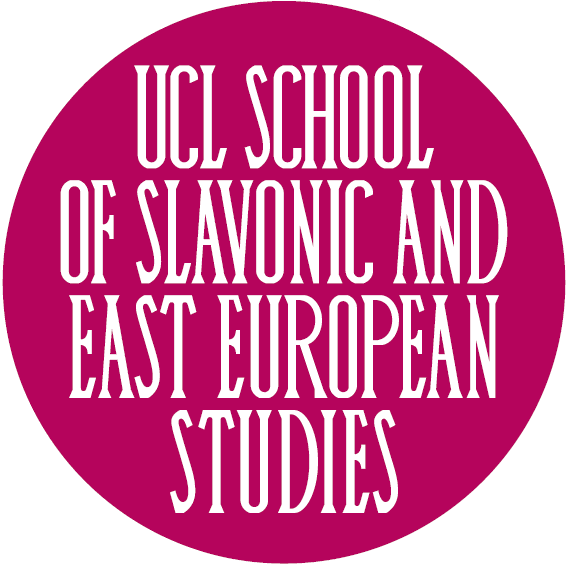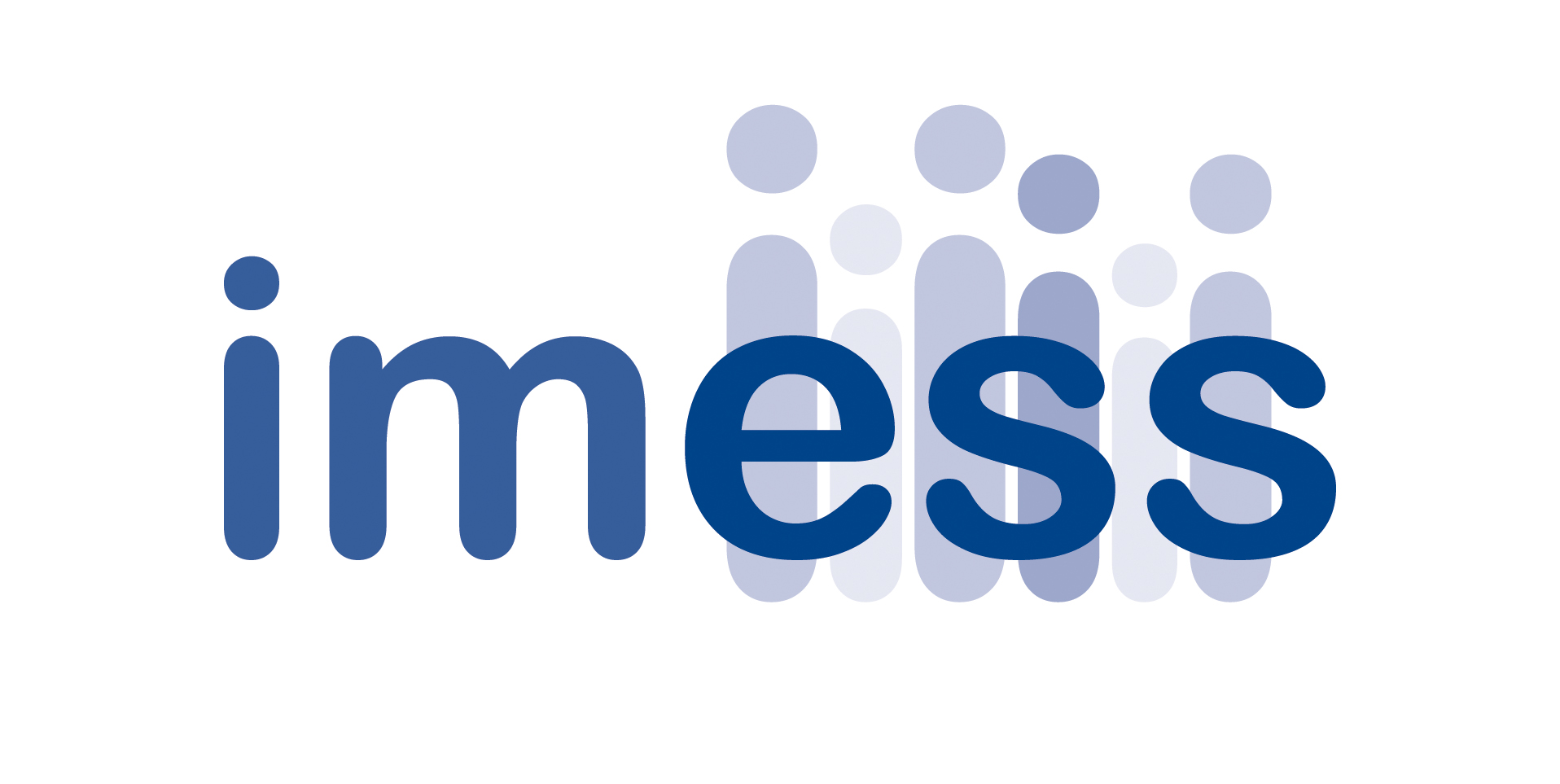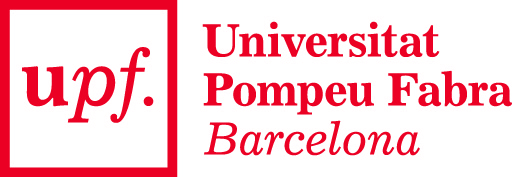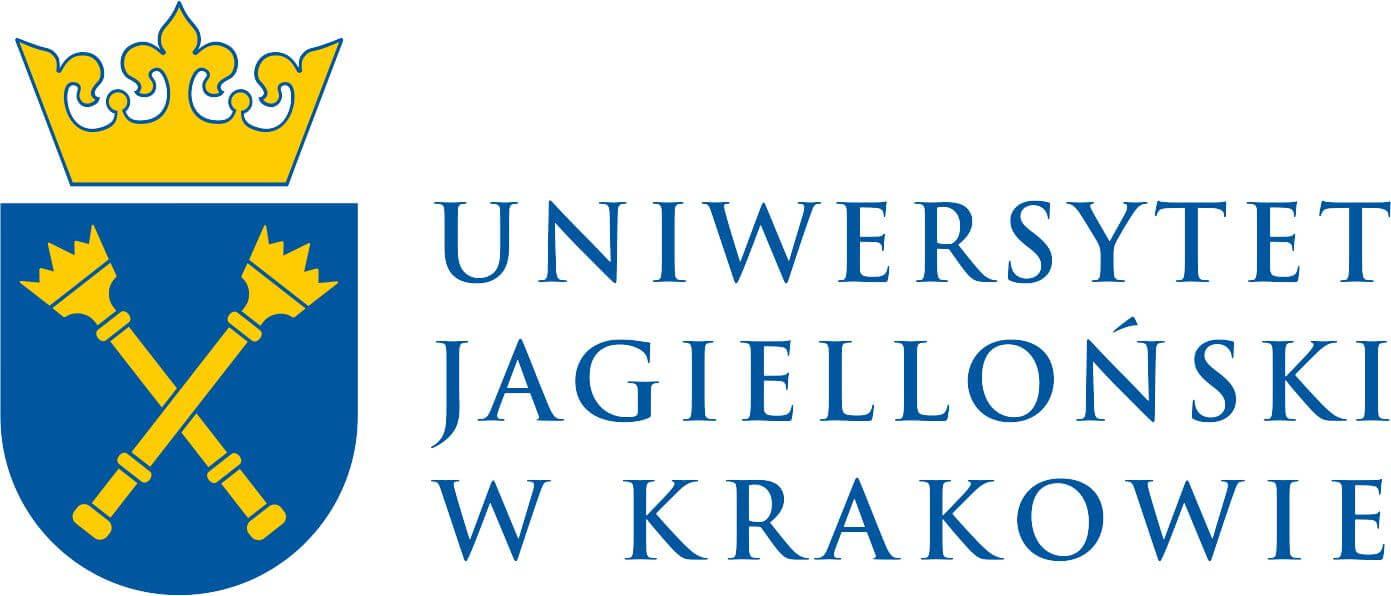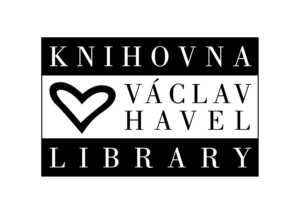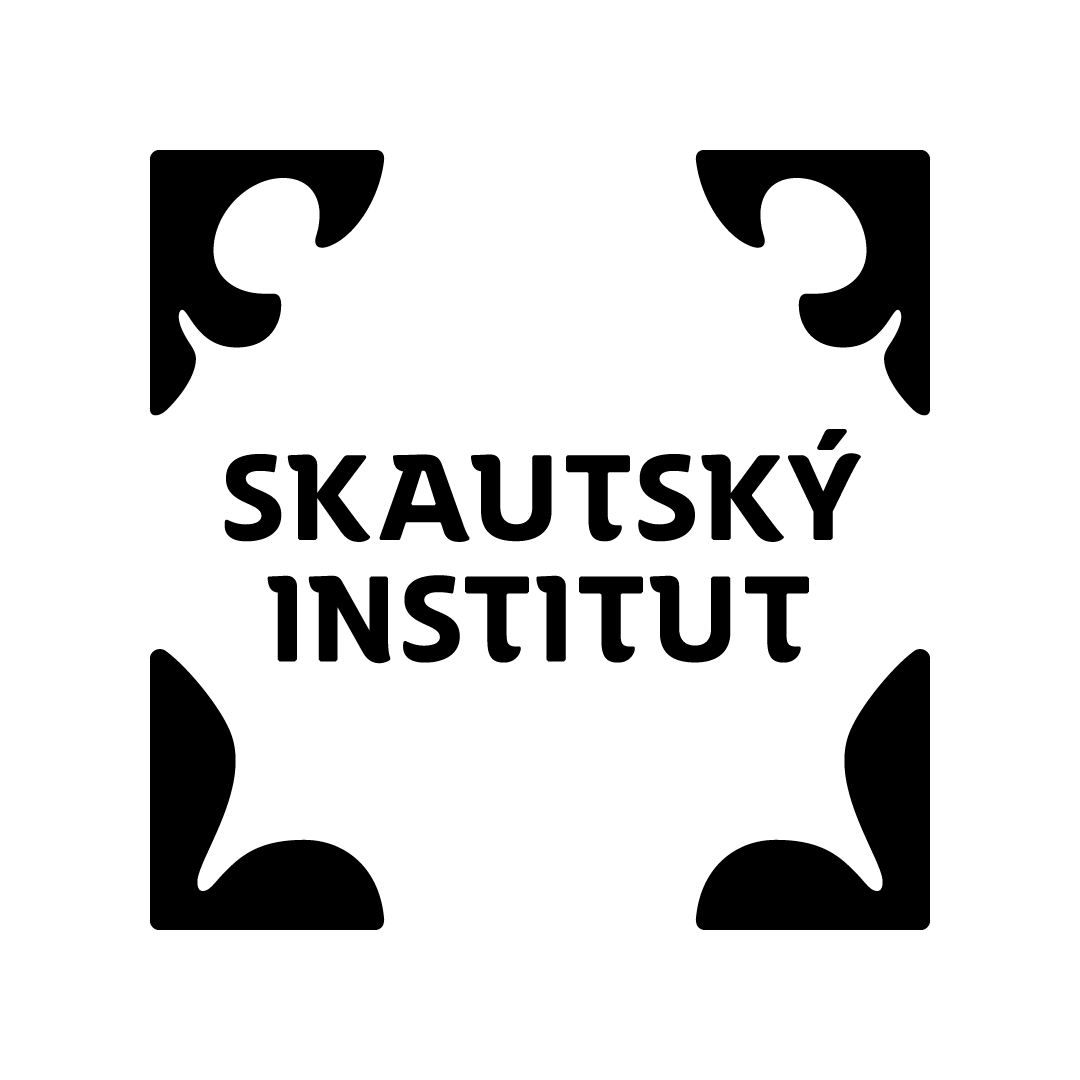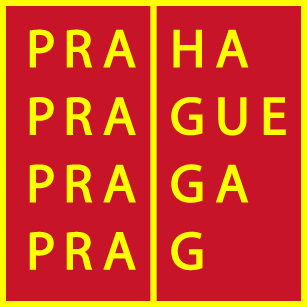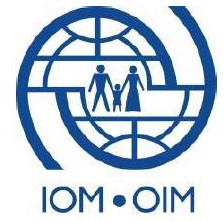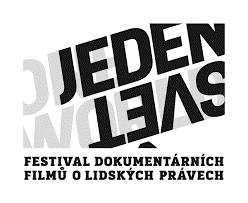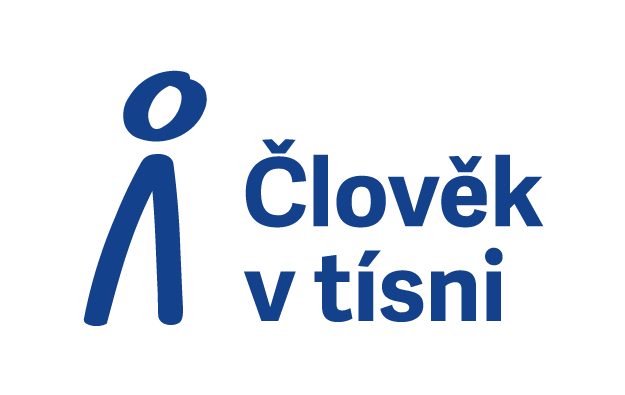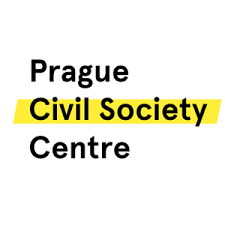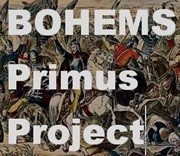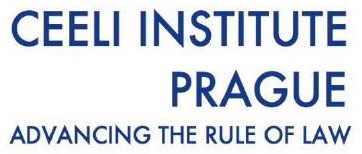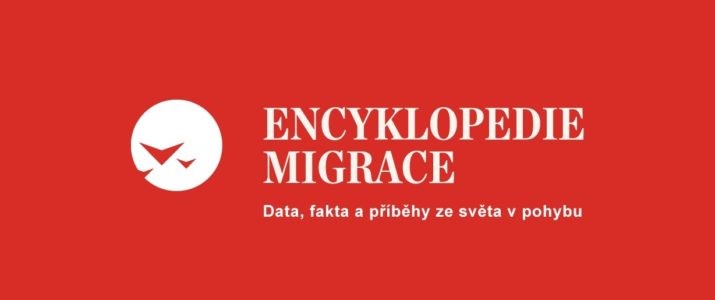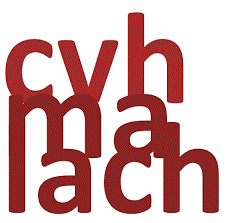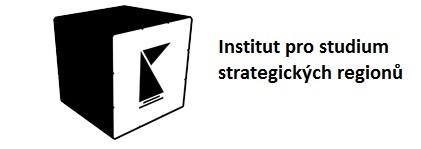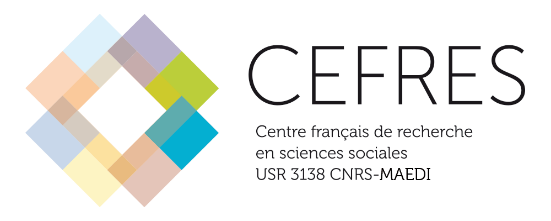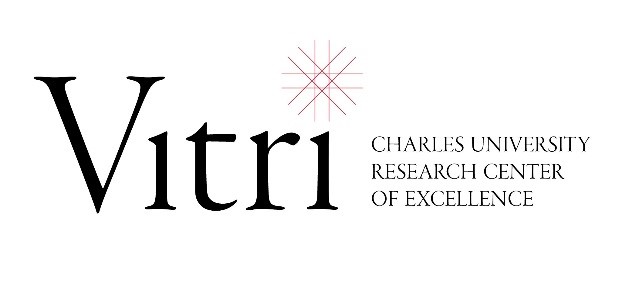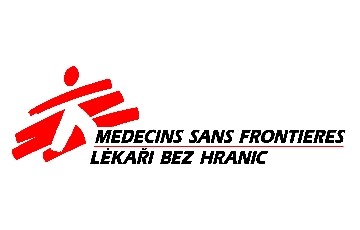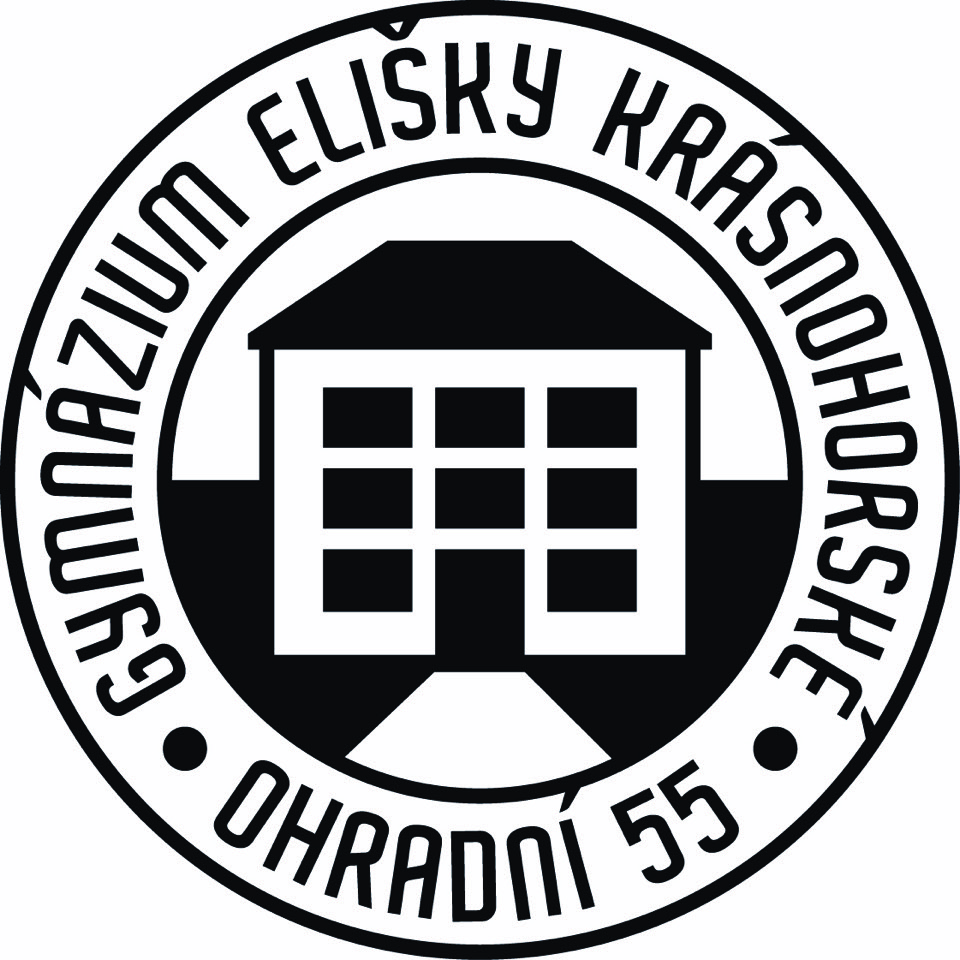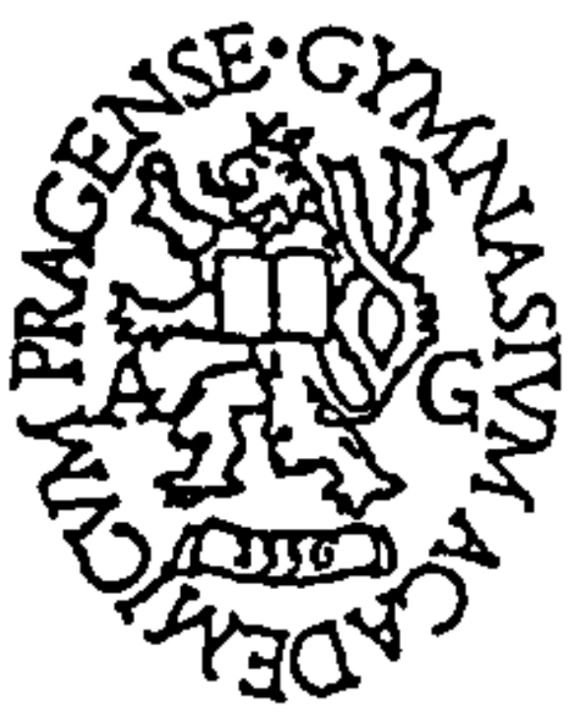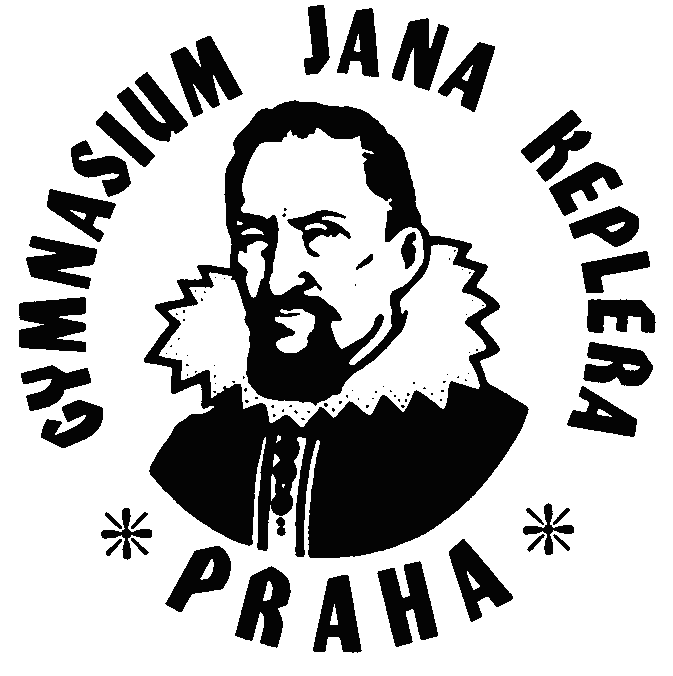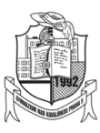MODERN HISTORY
MODERN HISTORY
Doctoral degree in Czech language
GENERAL INFORMATION
The topics of the dissertation theses prepared within the Modern History (MH) PhD Study Programme studies concentrate in particular on the history of Central, Eastern, and Western Europe and North America and on the modern history of Czechoslovakia, or more precisely of the Czech lands since the end of the 18th century and on the development of their relations to the above mentioned regions, the problems of the development of historiography of the given areas and on the methodology of modern and contemporary history in general.
The programme is offered in both a full-time and a combined form. The study obligations of each student and the timetable for their fulfilment are bindingly determined by an individual study plan. During the first six semesters of their studies, the students pass the prescribed courses of the full-time study and fulfil other academic duties in the form of publishing activities, active participation in international conferences, and internships abroad. By the end of the eighth semester at the latest, they pass the State Doctoral Examination. The study is completed by defending the dissertation. Further details are laid down in the Rules for the Organization of the PhD Studies at the Institute of International Studies FSV UK and the relevant faculty regulations.
The MH PhD Study Programme is offered in cooperation with the Institute for Contemporary History (USD) of the Academy of Sciences of the Czech Republic, a public research institution. As a result, the students of this study programme have the opportunity to participate in the USD professional events and use the Institute's library and archival funds. They are offered the technical possibilities with the same benefits as the USD professional staff.
The Chairman of the Board of the Study Programmes responsible for this programme is Prof. PhDr. Jaroslav Kučera, CSc.
Contact: Institute of International Studies, U kříže 8, 158 00 Prague 5, tel. 251 080 308.
The IAS PhD Study Programme is presented every year during the Doors Open Day The Doors Open Day takes place in the Faculty's campus in Jinonice (U Kříže 8, Prague 5) and is open to those interested in studying this programme or only in the information related to the studies. The specific date of the Doors Open Day is published well in advance on the Faculty's and the Institute's websites.
The Academic Supervisor: doc. PhDr. Ota Konrád, Ph.D., contact person for administrative matters: Mgr. Andrea Smolíková, contact person at the Faculty's Student Services Office: Mgr. Denisa Šmejkalová.
ADMISSION Procedure
The admissions requirement is successfully passing the entrance exam. The entrance exam consists of an interview about the dissertation project, which aims to assess the quality of the submitted project and its compliance with the specialised focus of the Institute of International Studies of the Faculty of Social Sciences, Charles University. The admissions committee assesses the quality of the project both in terms of its content and form, the candidate's ability to justify the chosen topic, clearly define it and place it in a wider time, factual and research context. The applicant must convincingly prove that the topic is a contribution to the current state of research, i.e. that it brings new empirical and theoretical knowledge or original methodological procedures, etc. The admission committee also takes into consideration the candidate's present lecturing and publication activity. Detailed and up-to-date information on admissions is available on the website.
You can submit your application here.
COMPETITIVENESS OF MH PROGRAMME GRADUATES
The focus of the MH Programme study is not primarily on acquiring new knowledge. In this respect, students are already formed by their previous Master's Degree or their previous research work. While researching their dissertation topic, they acquire state-of-the-art expertise, often backed by new historical facts and connections, or by new conceptual and interpretative approaches. By participating in the Institute's pedagogical and scientific activities, students acquire experience in pedagogical and team work.
By successfully defending the dissertation, a graduate of the Modern History study program has demonstrated that they are capable of independent scientific work. This specifically means, that they are able to specify and define a problem independently, collect and critically evaluate the necessary empirical data, and on the basis of this and based on the overall state of research determine the hypothesis, prove or disprove it in a provable and repeatable methodological process and present the results - both in written and oral form - in compliance with the field standards and practices.
The programme graduates fulfil the prerequisites for job positions which require independent creative thinking, conceptual work, structured and logical thinking, a broad knowledge base, and an excellent command of foreign languages. According to the available information, they find jobs or continue to pursue their professional careers primarily in academic institutions, public administration and diplomacy, international and non-profit organizations, in the media and, scarcely, in the commercial sphere.


